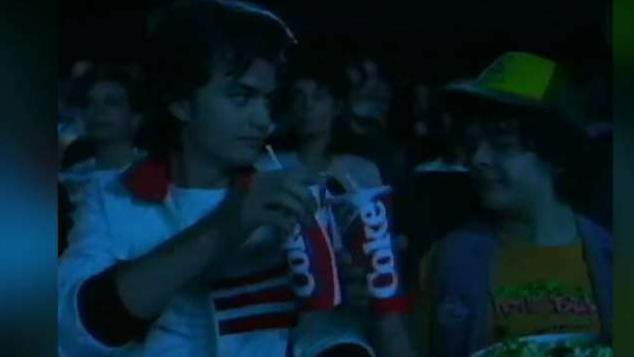Worst product failures, from Coca-Cola’s New Coke to Microsoft's Zune
Not every product created is a good idea.
Coca-Cola announced Tuesday it was bringing back New Coke more than 30 years after the product launched and was pulled from store shelves 79 days later. The soda company changed its formula and product in the summer of 1985, only to receive a barrage of complaints within days.
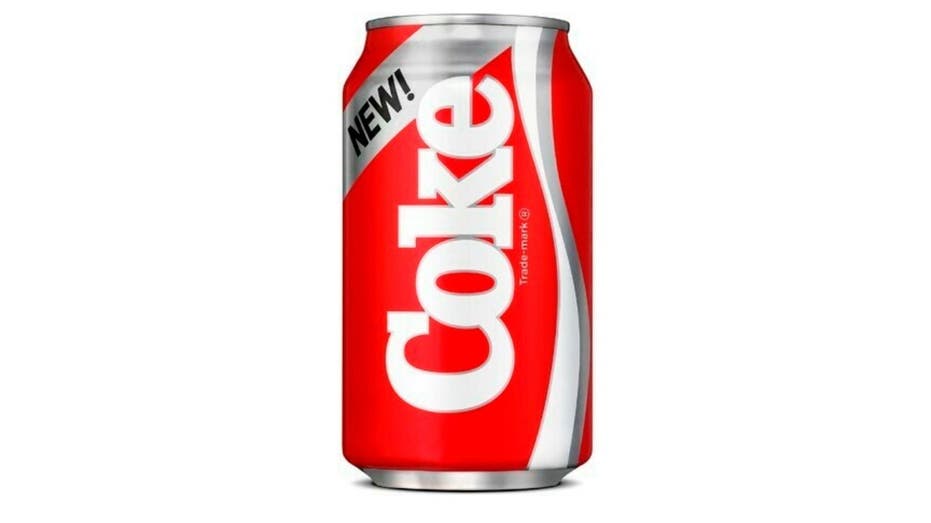
New Coke is making a comeback as part of Coca-Cola's partnership with the Netflix drama "Stranger Things." (AP)
New Coke was considered one of the biggest marketing blunders, but the soft drink company is now bringing back the item for a limited time as a partnership with the Netflix series “Stranger Things.” The show’s third season, which takes place in the summer of 1985, will feature the failed soda in several scenes.
New Coke’s revival brought back memories of other product failures from major companies in the past. Here are some memorable blunders.
Pepsi A.M. in 1989 and Crystal Pepsi in 1992
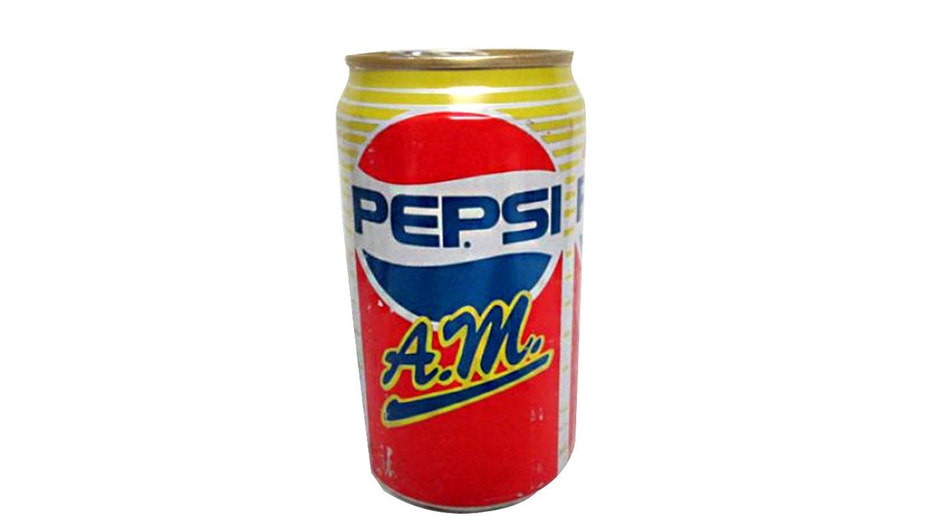
Pepsi A.M. contained more caffeine than its original soda, but it was discontinued after a year on the market. (Pepsi)
Pepsi tried to get soda lovers to wake up and crack open a can of its drink, but the idea didn’t sit well with consumers. The company began testing “Pepsi A.M.,” which contained about 25 percent more caffeine, in 1989 and discontinued the drink after a year. A Pepsi spokesperson told The Associated Press at the time that the extra caffeine boost didn’t entice customers.
″What we found from the test was we didn’t need to reformulate our product for consumers to enjoy it in the morning,″ the spokesperson said.
Fast forward to 1992, Pepsi failed again when it launched Crystal Pepsi — a clear carbonated soda with no caffeine. The drink, aimed to lure in more health conscious people, was heavily promoted and featured in a Super Bowl ad, but was ultimately discontinued after initial interest waned.
Apple Newton in 1993
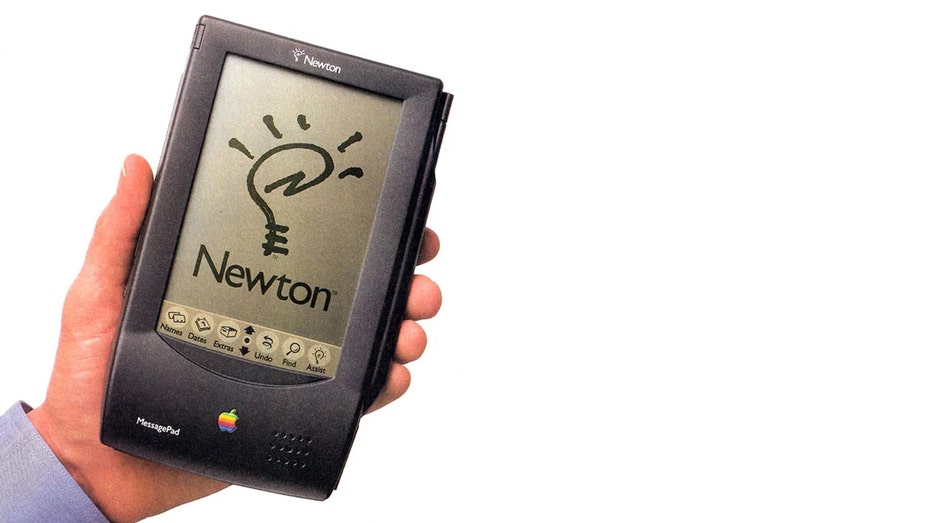
Apple's Newton MessagePad didn't take off, but it paved the way for other future tablets. (Apple)
Apple's Newton MessagePad was a personal digital assistant that was considered a failure even though tablets are extremely popular today. The device’s high cost at $699 and issues with its handwriting recognition feature led to its downfall.
The Newton was discontinued by 1998, but it paved the way for Apple to develop the iPad.
McDonald’s Arch Deluxe in 1996
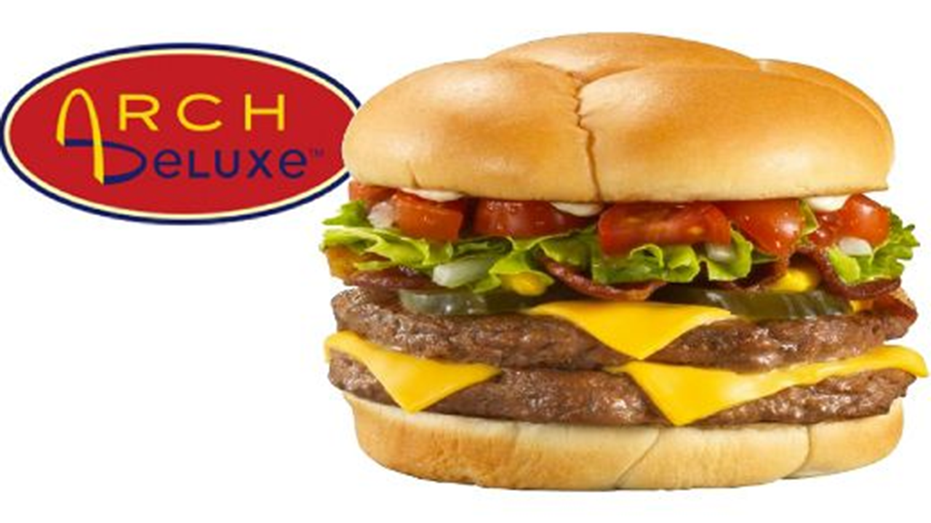
McDonald's Arch Deluxe launched in 1996 and was priced higher than other burgers the fast food chain sold. (McDonald's)
The Arch Deluxe was one of the most notable flops by the popular fast food chain. McDonald’s spent at least $100 million on advertisements to target “sophisticated” consumers who would pay more for a burger, Business Insider reported. Commercials showed children rejecting the burger because it was for “grown-ups.”
The item was off menus shortly after its release.
Burger King's Satisfries in 2013
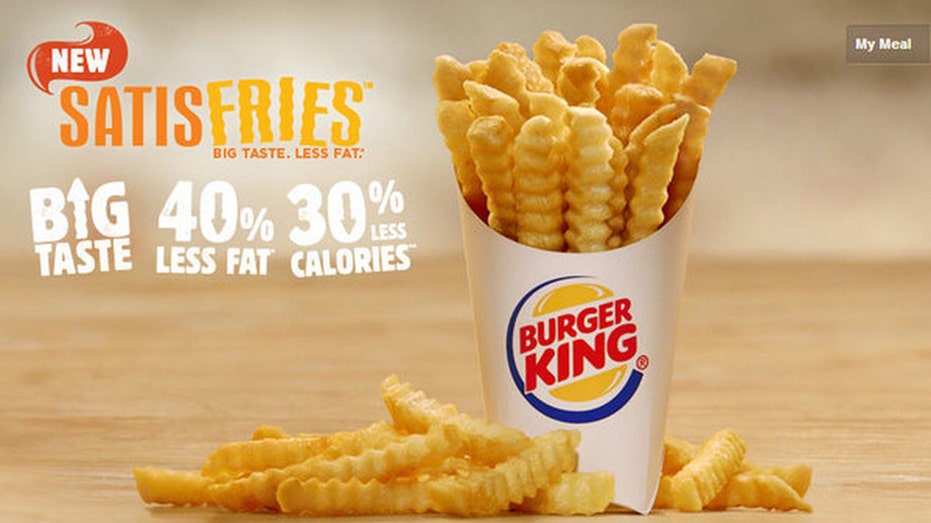
Burger King's Satisfries was meant to appeal to health conscious consumers. (Burger King)
Burger King’s attempt at “healthier” fries failed within a year after it was launched. The fast-food chain said Satisfries, put on menus in 2013, were a good alternative to regular fries because they had 30 percent fewer calories and 40 percent less fat.
Satisfries was boasted as “one of the biggest fast food launches,” but the majority of restaurants discontinued the item in less than a year, according to Fortune.
Microsoft's Zune in 2006
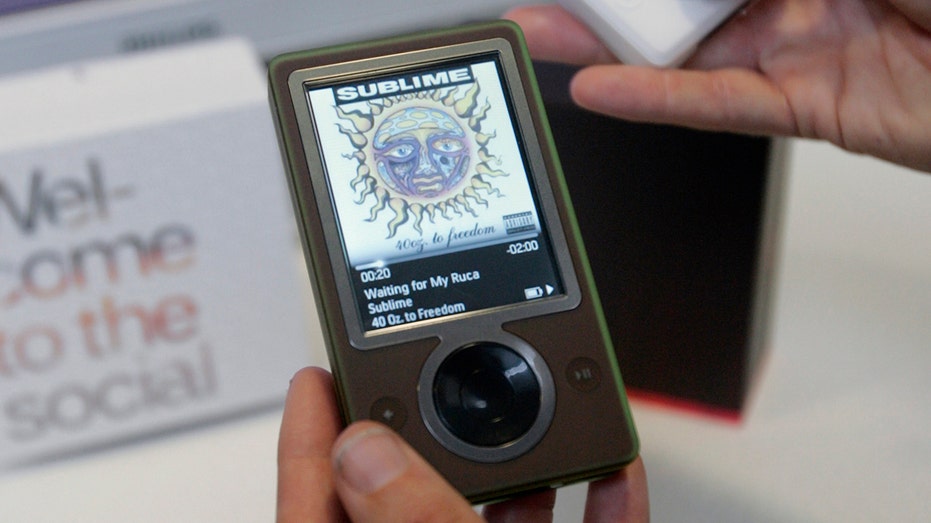
Microsoft's Zune never beat out its rival, Apple's iPod, when it entered the market in 2006. (Reuters)
Microsoft created Zune in 2006 as an alternative to Apple’s iPod. The music device launched five years after the iPod and never took off due to several factors, including poor marketing to differentiate itself from its competitor. Microsoft attempted to spark more interest by launching Zune HD in 2009, but the product was discontinued by 2011.
“The portable music market is gone and it was already leaving when we started,” Robbie Bach, who previously led Microsoft’s home entertainment and mobile business, told Business Insider in 2012. "We just weren't brave enough, honestly, and we ended up chasing Apple with a product that actually wasn't a bad product, but it was still a chasing product, and there wasn't a reason for somebody to say, oh, I have to go out and get that thing."
Samsung’s Galaxy Note 7 in 2016
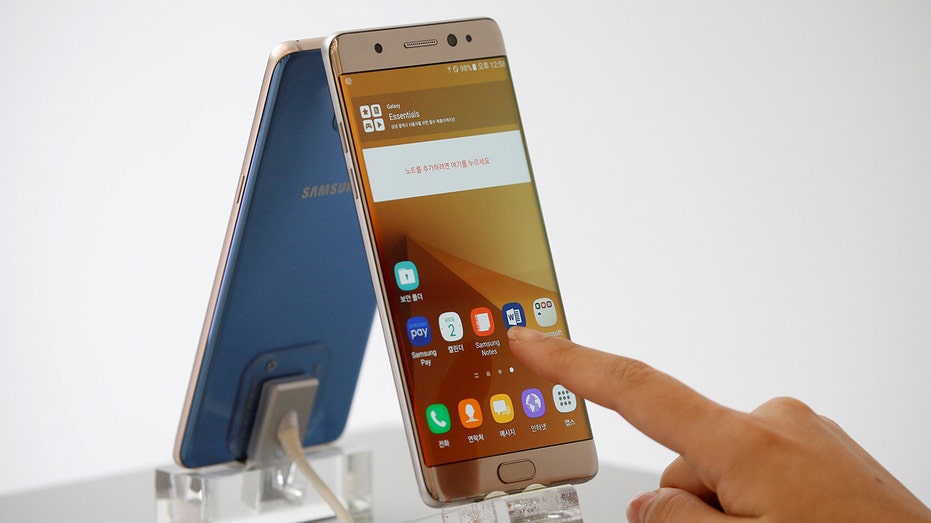
Samsung's Galaxy Note 7 was recalled twice after some users reported the device catching fire or overheating. (Reuters)
Samsung’s Galaxy Note 7 would have been a success — if the battery didn’t spontaneously catch on fire. The smartphone was introduced to the market in 2016, but several users reported the devices overheating, burning, and sometimes “exploding.”
CLICK HERE TO GET THE FOX BUSINESS APP
Samsung issued two recalls and stopped production of the phone completely by October 2016, the BBC reported. The company later said design and manufacturing flaws caused some of the devices to catch fire.




















